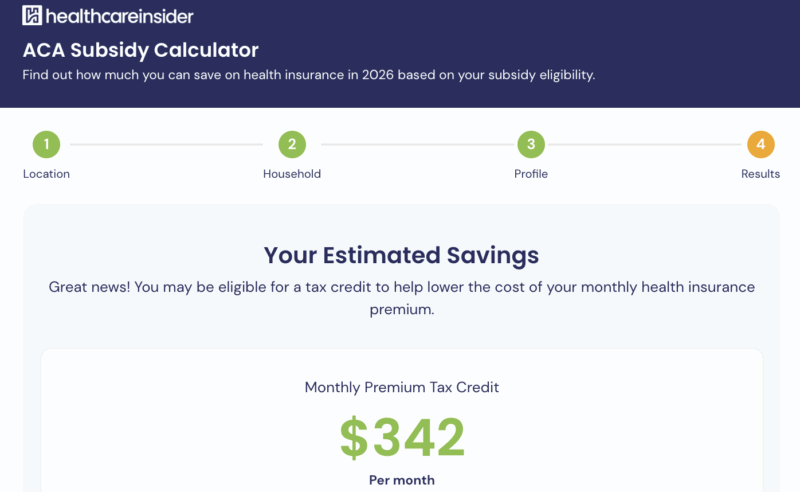Written by Michael LaPick
Healthcare Writer
We want to help you make educated healthcare decisions. While this post may have links to lead generation forms, this won’t influence our writing. We adhere to strict editorial standards to provide the most accurate and unbiased information.
The answer isn’t simple. Coverage varies widely depending on your plan type, medical diagnosis, and state policies.
Overview
New prescription drugs like Ozempic, Wegovy, Mounjaro, and Zepbound are changing the way obesity and related conditions are treated. These medications—known as GLP-1 receptor agonists—have shown strong results for weight management, but they come with a steep monthly price tag, often exceeding $1,000 without insurance. Naturally, many patients ask: Will my health insurance cover these drugs?
The answer isn’t simple. Coverage varies widely depending on your plan type, medical diagnosis, and state policies. This article explains how insurers decide, common restrictions, and what steps you can take to access coverage.
Insurance Coverage of GLP-1 Weight Loss Drugs
Private & Employer Plans
- Some employer-sponsored and ACA marketplace plans cover GLP-1 drugs when prescribed for obesity treatment, but others exclude them as “lifestyle” medications.
- Coverage is more common when these drugs are prescribed for Type 2 diabetes, since insurers classify that as a medical necessity.
Medicare & Medicaid
- Medicare: By law, Medicare Part D generally does not cover medications used solely for weight loss. However, if prescribed for diabetes management (like Ozempic), it may be covered.
- Medicaid: Coverage varies by state. Some states cover GLP-1s for obesity, while others limit them to diabetes treatment.
Why Coverage Is Limited
Insurers often exclude weight loss medications due to:
- High costs: Monthly retail prices exceed $1,000.
- Concerns over long-term use: Many patients need ongoing treatment, increasing total costs.
- Classification as non-essential: Insurers may consider obesity medications elective, despite medical evidence linking obesity to serious health risks.
Common Issues & FAQs
Q: If my doctor prescribes it, does insurance have to cover it?
A: No. Even with a prescription, coverage depends on your plan’s drug formulary.
Q: Is prior authorization required?
A: Almost always. Insurers may require proof of a certain BMI, weight-related conditions (like hypertension), or documented attempts at diet and exercise.
Q: Can I appeal if denied?
A: Yes. You can file an appeal with your insurer and provide medical documentation supporting the need for treatment.
Actionable Steps If You Need GLP-1 Coverage
- Check your plan’s formulary – Look for Ozempic, Wegovy, Mounjaro, or Zepbound under your insurer’s covered drug list.
- Ask your doctor for medical documentation – A letter of medical necessity can help.
- Request prior authorization – Be prepared to show BMI, comorbidities, and past weight loss attempts.
- File an appeal if denied – Use your rights under the ACA for internal and external review.
- Explore savings programs – Drug manufacturers often provide coupons or patient assistance programs.
Bottom Line
While breakthrough GLP-1 drugs are offering new hope in weight management, insurance coverage remains inconsistent. Many plans cover them for diabetes, but fewer cover them specifically for obesity. Patients should carefully review their insurer’s formulary, work with their doctor on prior authorization, and use the appeals process if denied.
If you’re considering treatment, start by checking your insurance plan’s drug list and visiting Medicare & Medicaid resources to see what options are available.
Thank you for your feedback!








